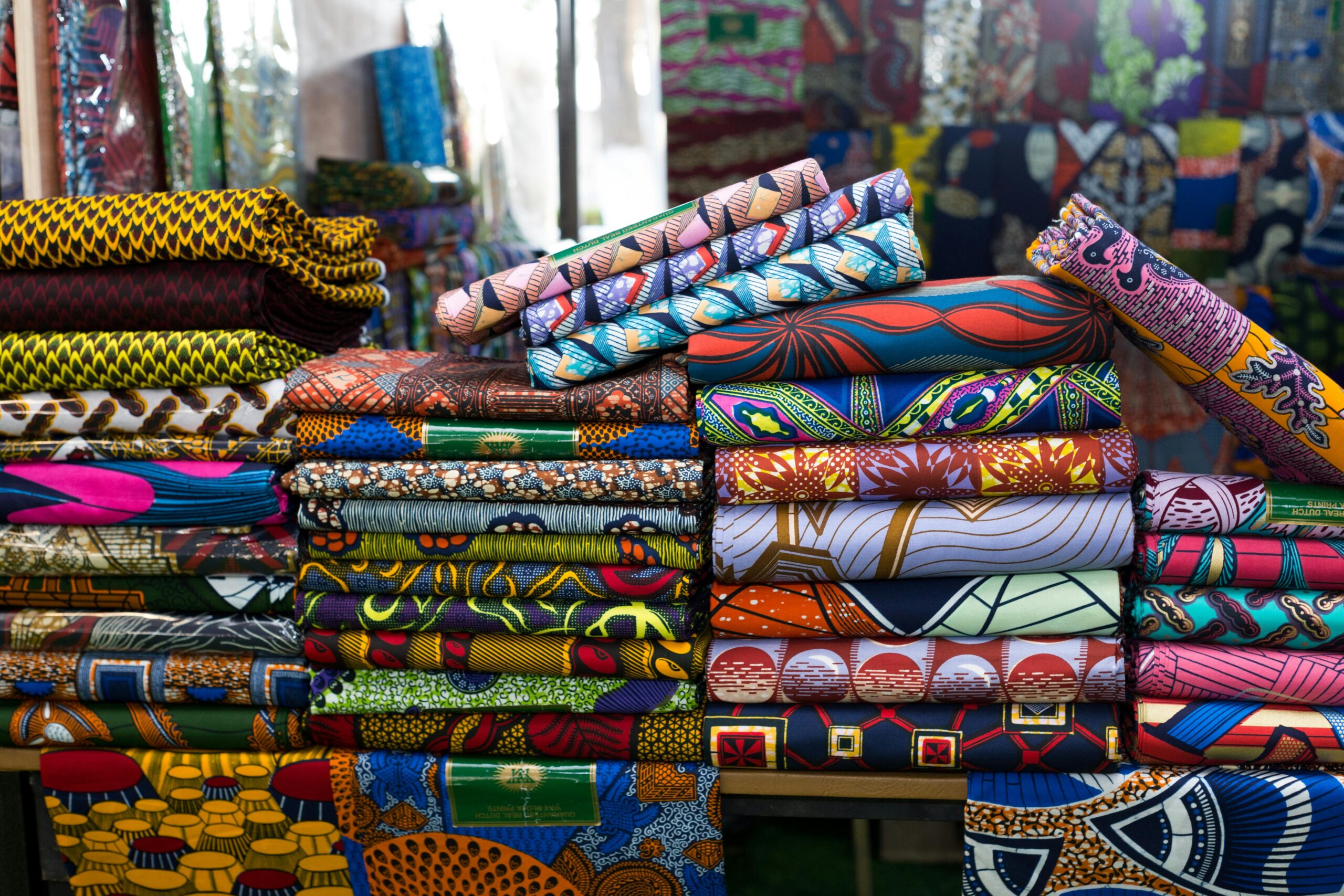Sustainable fashion in Ghana is a transformative movement that merges traditional values with innovative approaches to clothing. Ghana’s fashion scene has always been rich in culture, from the colorful kente cloth to the intricate batik patterns. But in recent years, sustainability has become more of a focus, as designers and consumers alike are becoming more aware of the environmental and social impacts of the global fashion industry.
What makes Ghanaian sustainable fashion unique is its rootedness in community and resourcefulness. Ghanaians have long practiced sustainability, even before it became a trend. In many households, clothing is passed down through generations, tailored to fit the next wearer, and maintained with care. Tailors and seamstresses hold a revered place in society, offering custom-made garments that last for years. This level of attention to craftsmanship is a cornerstone of sustainable fashion — it’s about buying less, buying quality, and making things last.
One of the standout factors of Ghanaian sustainable fashion is the use of recycled and upcycled materials. In markets like Kantamanto in Accra, secondhand clothing (or *obroni wawu*, meaning “dead white man’s clothes”) is given new life. Rather than discarding unsold items, many young designers creatively rework these pieces into something fresh and modern. This upcycling process isn’t just about reducing waste; it’s about taking what’s available and transforming it into something beautiful and meaningful.
Local designers like Studio One Eighty Nine, founded by Abrima Erwiah and Rosario Dawson, have gained international recognition for their sustainable approach. They work directly with artisans in Ghana to produce collections that prioritize natural dyes, hand-woven textiles, and eco-friendly production methods. Their commitment to preserving traditional techniques while promoting sustainability is a blueprint for other designers globally. These initiatives create jobs and empower local communities, helping to preserve Ghana’s rich fashion heritage while pushing the envelope on eco-conscious design.
But it’s not just about what’s being made; it’s also about the conversation around consumption. Ghana is grappling with the influx of fast fashion, where cheaply made clothing from overseas floods the market. This contributes to pollution and undercuts local artisans who rely on handcrafted garments for their livelihood. To combat this, sustainable fashion advocates are educating consumers on the benefits of slow fashion. Buying fewer, better-quality pieces and supporting local designers are ways to contribute to a more ethical, sustainable future.
In addition to traditional materials and craftsmanship, some Ghanaian designers are experimenting with modern, eco-friendly fabrics like organic cotton, hemp, and bamboo. These materials have a lower environmental impact compared to conventional cotton, which requires a lot of water and pesticides. By incorporating these textiles into their designs, Ghanaian fashion brands are positioning themselves at the forefront of the global sustainable fashion movement.
This shift in mindset isn’t just happening on the runways. Younger generations, especially in urban areas, are embracing thrift shopping and vintage markets as a way to express their individuality while staying eco-conscious. Wearing secondhand clothes, which once had a stigma, is now seen as a stylish, sustainable choice. Social media influencers in Ghana are playing a key role in normalizing this trend, encouraging their followers to think twice about where their clothes come from and the impact their choices have on the planet.
At the heart of Ghana’s sustainable fashion movement is a sense of responsibility — responsibility to the environment, to future generations, and to one another. It’s not about following the latest trends or buying into fast fashion; it’s about embracing a more thoughtful approach to style. By valuing what we wear and where it comes from, we can honor both the past and the future. Sustainable fashion in Ghana is more than just a movement — it’s a reflection of the country’s resilience, creativity, and commitment to a better world.
Guaranty Trust (GTCO) Fashion Weekend is not just a celebration of style and innovation; it’s also championing the future of sustainable fashion in Africa. This year’s event highlights the growing movement towards eco-conscious designs, featuring collections that emphasize ethical production, recycled materials, and traditional African craftsmanship with a modern twist. By merging sustainability with high fashion, GTCO Fashion Week aims to inspire designers and consumers alike to embrace practices that reduce environmental impact while maintaining creativity and cultural expression. As the world looks to Africa for new trends, GTCO is positioning the continent at the forefront of fashion that is both cutting-edge and planet-friendly. TVOA will be in attendance and highlight this showcase to bring you the best moments and most innovative looks of the season.








